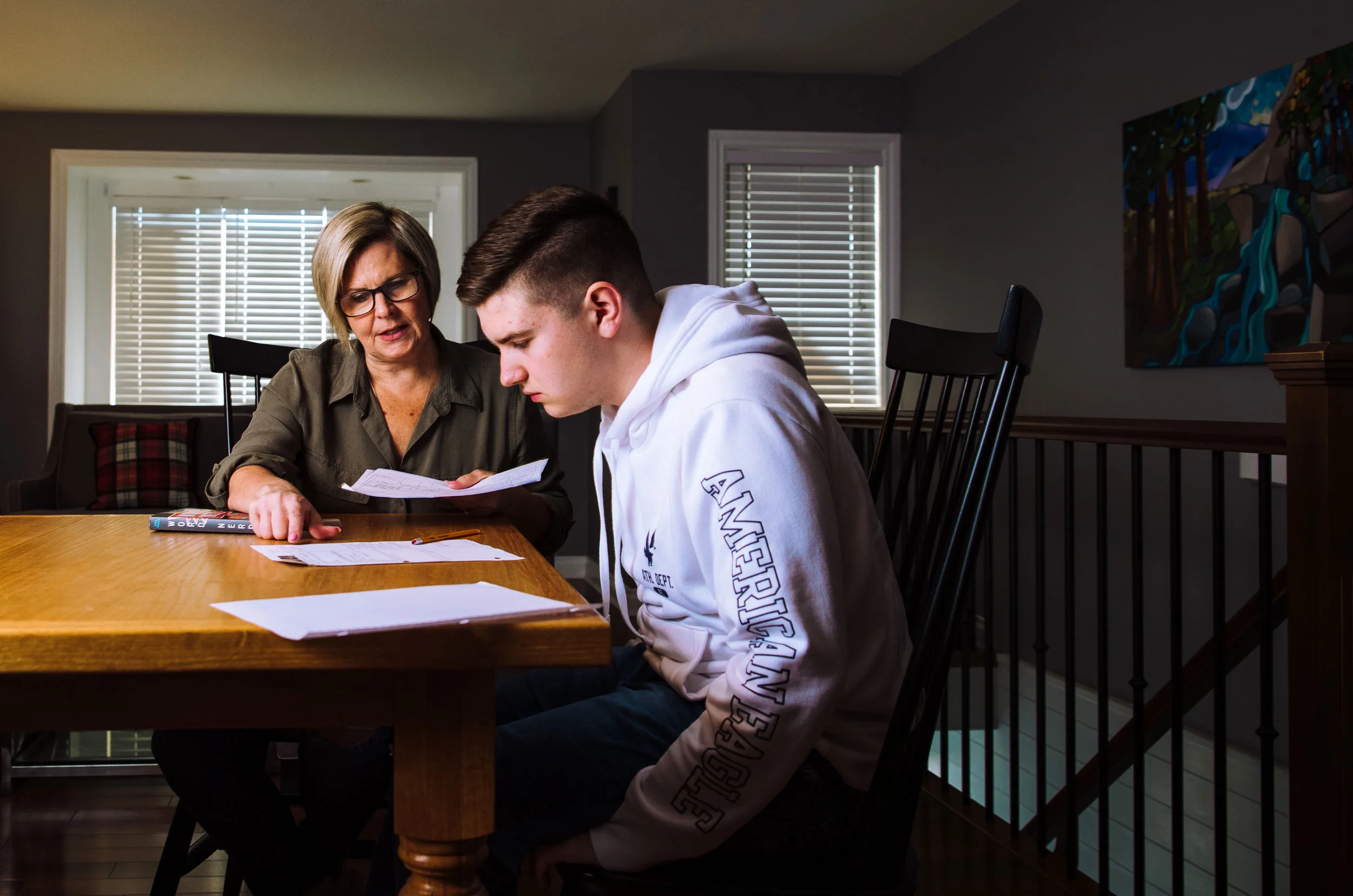Taya Thorne likes proving people wrong. When she was in elementary school, all the examples she saw of people like her seemed helpless, so she was determined not to be.
 “When I was growing up,” she says, “I never saw anyone with disabilities ever working or being shown working in TV shows or movies or in the news…I felt horrible, I felt like, is there something really wrong with me? Am I going to be able to do anything other than just stay at home all the time? Because that was pretty much all you’d see in the media – people just staying at home, doing nothing, being taken care of or being blamed for all sorts of horrible things…it was pretty bad.”
“When I was growing up,” she says, “I never saw anyone with disabilities ever working or being shown working in TV shows or movies or in the news…I felt horrible, I felt like, is there something really wrong with me? Am I going to be able to do anything other than just stay at home all the time? Because that was pretty much all you’d see in the media – people just staying at home, doing nothing, being taken care of or being blamed for all sorts of horrible things…it was pretty bad.”
Taya struggled in school, and often felt like she didn’t get the support she needed: “In high school, there were [Education Assistants] in the school, but most of the time they were already helping other students and I just kind of didn’t bother after a while asking for help because they always had to rush off somewhere else…it was like that a lot.” She describes feeling alone a lot, and like many of her teachers and peers didn’t understand her needs. After a while, “it got to the point where I just stopped bothering to ask for help from any teacher or assistant or anybody in the school…and my anxiety didn’t help with that either.”
When Taya got a little older, she started working with kids, trying to provide the support she wished she’d had when she was in school. Jillian Bradley, Inclusion BC’s Director of Employment Initiatives, met Taya during the production of a video project called Gender Matters through an organization in Victoria that was supporting Taya with her employment goals at that time. When Jillian and Taya met, Taya was working in childcare, at an after-school program for elementary school students, but she didn’t feel like she was able to do as much as she’d like: “I just watched the kids, and I’d play with them but I didn’t help them out at school or anything…They’d talk about school a lot, but I couldn’t help them that much during [school] hours.” There were also limitations on her career prospects, as Jillian describes: “She wasn’t certified, so she wasn’t getting paid as much as other people she was working with, she wasn’t getting as many hours as everybody else was getting, and that was frustrating for her.”
 With support from Inclusion BC and a scholarship through Ready, Willing and Able, Taya was able to get into a program outside Victoria where she is training to become a certified Education Assistant and support kids in the classroom. The program has been both challenging and rewarding for Taya. She says that a lot of the other people in her program have similar reasons for being there, and she’s excited to be a part of a new generation working in the field. It hasn’t been easy, but even when she was taking three buses and traveling 90 minutes from her home to school, staying up late to finish assignments, or when her anxiety was so high that she needed to leave classes early, she remained determined, and was encouraged by friends and family not to give up. Taya is confident that she made the right choice: “[It] feels really validating that my gut was right,” she says, “I think it’ll help heal some of the issues I had in my own schooling a little bit…and I really enjoy helping people, so that will bring me a lot of joy.”
With support from Inclusion BC and a scholarship through Ready, Willing and Able, Taya was able to get into a program outside Victoria where she is training to become a certified Education Assistant and support kids in the classroom. The program has been both challenging and rewarding for Taya. She says that a lot of the other people in her program have similar reasons for being there, and she’s excited to be a part of a new generation working in the field. It hasn’t been easy, but even when she was taking three buses and traveling 90 minutes from her home to school, staying up late to finish assignments, or when her anxiety was so high that she needed to leave classes early, she remained determined, and was encouraged by friends and family not to give up. Taya is confident that she made the right choice: “[It] feels really validating that my gut was right,” she says, “I think it’ll help heal some of the issues I had in my own schooling a little bit…and I really enjoy helping people, so that will bring me a lot of joy.”
Taya is on track to graduate from the program this month, and she is looking forward to starting the next phase of her career.
To learn more about how Ready, Willing and Able supports job seekers and post-secondary students, click here
If you receive services from a Community Living agency, ask your agency supports about how Ready, Willing and Able can help you achieve your career goals.
If you are not receiving services from an agency but want more information and live in the Lower Mainland, contact Jillian Bradley at jbradley@inclusionbc.org
If you are on Vancouver Island, contact Sheldon Kitzul at skitzul@inclusionbc.org
Photographed by Galen Exo
Do you enjoy real life stories about inclusion? This article was featured in the latest edition of our monthly newsletter, Inclusion in Action. Subscribe today to receive regular updates with stories like this.
This article is part of our Challenging Misconceptions project. Click here to learn more.
[gravityform id=”20″ title=”true”]


